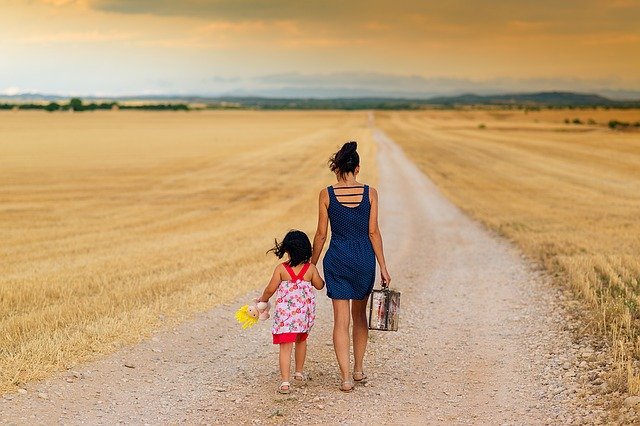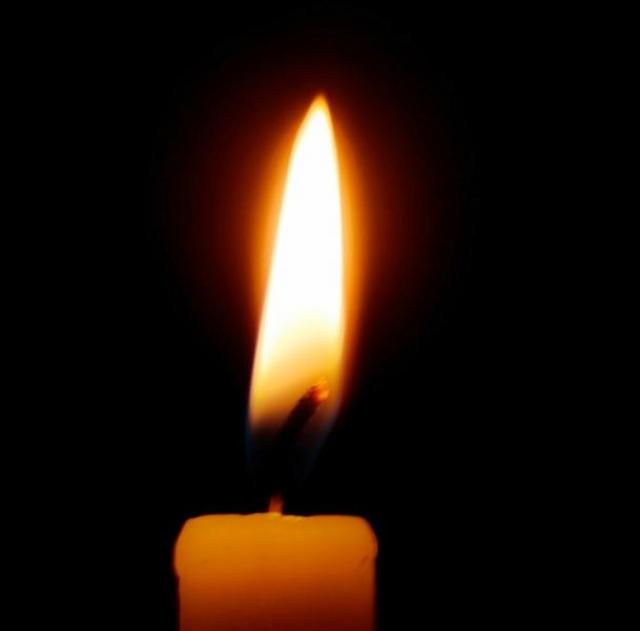7th report on family violence death review calls for duty to care
Fri 10 Jun 2022
The Family Violence Death Review Committee has released their Seventh report | Pūrongo tuawhitu.

Family Violence Death Review Committee seventh report
A duty to care | Me manaaki te tangata, is the seventh report of the Family Violence Death Review Committee. The report focuses on a duty to care and "...explores factors that have pushed Aotearoa New Zealand away from caring for people who experience family violence, reinforcing messages that no one is there to help them." An Executive summary | Pūrongo tuawhitu: He kupu whakarāpopoto is also available.
The Committee uses the term duty to care “…to describe our relational obligations to each other as human beings.” The Committee draws on te ao Māori for relevant relational obligations, values and practices that underpin a duty to care including whakapapa, whanaungatanga, manaakitanga. This is different than the legal term duty of care, which involves a legal obligation to ensure safety and wellbeing of others.
The Committee’s approach to the report considers:
- Te Tiriti and responsiveness to Māori
- He Horowai, a cascading waterfall metaphor that illustrates Māori and pākehā and tauiwi experiences of entrapment
- An intergenerational, life-course analysis approach to in-depth reviews of family violence related deaths.
The seventh report draws on in-depth reviews between 2019 and 2021 and previous Committee reports, findings and recommendations to highlight where there has been a lack of progress to improve responsiveness for people affected by violence.
For these in-depth reviews, the Committee considered "...how living up to expectations on us all as carers is a way of disrupting the current family violence system and eliminating the burden of family violence and family violence deaths that family, whānau and hapori | communities carry."
The Committee examines the changes needed saying:
“...in a strong, cohesive family violence response and prevention system, all sectors of society understand the role they can play in preventing violence, preventing the escalation of violence and facilitating healing. This means institutions understand how they are upholding their duty of care for the individual and their family or whānau. They also support staff to understand the limits to service delivery and Crown and community services work together to find a way for each of them to contribute effectively in the space where their services overlap.”
For this report the Committee set out to understand:
- “how the system can consider individuals, families and whānau as fully human and worthy of accessing resources that allow them to lead a good and meaningful life
- what changes are needed so that we see it as a human right to have institutions that uphold a duty of care
- what change is required to tailor institutional responses to the individual."
The report draws extensively on the stories told to the Committee through whānau, friends and service providers, rather than detailed statistical analysis. In launching the report, Committee chair Dr Fiona Cram said "Māori community organisations are leading the way and their approach can show us how to form genuine, respectful relationships. To demonstrate, the report highlights the work of three kaupapa Māori organisations that are embedding a duty to care for their people, resulting in less risk of unseen victims and more opportunities for families and whānau to guide service delivery."
The report highlights the following themes:
- finding effective alternative care pathways when hapori | community services and government agencies work together
- the impact and ways that systems heighten risk for disabled people and their family and whānau
- family and whānau as experts in their own lives, particularly using this context to focus service delivery and the collecting, recording and use of family and whānau information
- the need for an ongoing duty of care, particularly considering an after-care system for family and whānau involved in a family violence death.
The Committee also highlights several themes that were identified from their first review of family violence in the context of a disability within the family. They identify where systems, including service providers such as lawyers and healthcare providers, could improve their understanding, awareness and response to the risks for disabled people (see pages 54 - 67).
The Committee does not make specific recommendations in this report, noting that “Currently, no government agency is required to implement our recommendations.” Instead the report calls on people and agencies to fulfil their service to the community and duty to care. To guide this change the report includes:
- a brief overview of how recent legislative changes to the public service system and related to Oranga Tamariki, and Te Aorerekura, the National Strategy, can support a collective approach, being family or whānau led and enabling a locally defined and empowered duty to care (see pages 85 - 93)
- a model that outlines the position of government throughout life transitions in a duty of care approach to highlight where improvements could be made in current services (see pages 94-95)
- calls for a move from a deficit model to an oranga model (see pages 95-96)
In concluding, the Committee provides reflective questions for government agencies seeking to work as good partners with hapori | community services, drawing on the 2017 Workforce Capability Framework.
These reflective questions are also included in the Seventh report companion document: Family violence deaths | Ngā mate tūkino ā-whānau.
In addition with this report, the Family Violence Death Review Committee has also shared a series of videos highlighting reflections on the report from the members of the Committee and from representatives from the disability community, the migrant community and tangata whenua. Transcripts from the videos are also available.
In announcing the report, Minister for the Prevention of Family Violence and Sexual Violence Marama Davidson said:
“The FVDRC report strengthens my resolve, and the collaborative approach from Government Ministers who have accountability in this space.
“The report affirms that we are building a strong foundation with Te Aorerekura, while making it clear where our actions need to be even more precise and intentional.
“It’s essential all government agencies, and community organisations can provide victim-survivors and perpetrators of violence with the safe and effective responses they need.”
Disability Rights Commissioner Paula Tesoriero welcomed the report saying it "...highlights the lack of accessible support for disabled people and their whānau as well as the risk of financial abuse when disabled people do not have control of their finances." She also said:
"It is vital that we learn from and implement the lessons built over the years of the FVDRC [Committee] work. Many of these are also reflected in the conclusions/recommendations in the reports we released in December 2021, such as recognising Mātauranga Māori, addressing ableism, ensuring workforce development to understand disabled people, and addressing determinants of health."
Related news
The United Nations Statistical Commission adopted a new global framework for measuring gender-related killings of women and girls, developed by the United Nations Office on Drugs and Crime (UNODC) and UN Women. The Statistical framework for measuring the gender-related killing of women and girls (also referred to as “femicide/feminicide”) (2022) provides a statistical definition of femicide and identifies the characteristics that define the gender-related motivation of killings, such as the relationship between offender and female victim (such as intimate partner or other family member). In announcing the adoption of the framework, the UNODC said:
"In 2020, some 47,000 women and girls were killed by their intimate partners or other family members worldwide, to speak only of femicides committed in the family. When the new framework is implemented, it will be possible to provide more comprehensive figures on gender-related killings of women and girls, as well as more information on the context of these crimes."
For global statistics on femicides, see the UNODC brief Killings of women and girls by their intimate partner or other family members Global estimates 2020 (November 2021).
The UN Special Rapporteur on violence against women, its causes and consequences has continued to call for global observatories on gender related killings of women through the Femicide Watch Initiative. A recording is available from a virtual event held in April 2022 to explore international experiences and best practices on the establishment of femicide watches.
Also see the article by Sandra Walklate and Kate Fitz-Gibbon, Re-imagining the measurement of femicide: From ‘thin’ counts to ‘thick’ counts (April 2022), which explores a more in-depth approach to defining femicide that accounts for all lives shortened as a result of living with men’s violence.
Also see this article on Multidisciplinary Team Works to Reduce Preventable Deaths of Older Adults from the US National Institute of Justice (May 2022), which discusses a US-based Elder Fatality Review Team that examines deaths related to elder abuse and neglect.
Related media
Trusting the whānau voice, Gisborne Herald, 26.06.2022
Government initiatives to reduce whānau violence stall, despite praise, Stuff, 10.06.2022
Disabled people dying, 'silenced' by support services – family violence report, Stuff, 09.06.2022
Māori services show up government failure, Waatea News, 09.06.2022
Dr Fiona Cram | Researcher and Evaluator [interview], Waatea News, 08.06.2022
Manako | Marama Davidson [interview in te reo Māori], Waatea News, 07.06.2022
Māori organisations lead the way in dealing with family violence - report, RNZ, 07.06.2022
Māori moves stem family violence tide, Waatea News, 07.06.2022
Image: Lucas Allmann on Pexels











